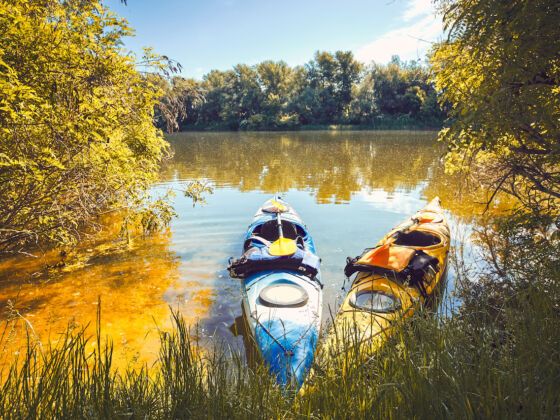“You can poop in my hat,” he said.
We were camped at the deserted Highland Beach, 100 miles into a 150-mile kayaking trip in the Gulf of Mexico, paddling from Florida’s Everglade City to the Flamingo Visitor’s Center and back.
I had a suspicion then, which has since been confirmed, that this was my relationship test. Don’t pretend you have never been subjected to one or devised one yourself. My practical-to-the-extreme and water-savvy new boyfriend had been a kayaking instructor with Outward Bound, and he wanted to make sure his new girlfriend, me, could make such a trip.
